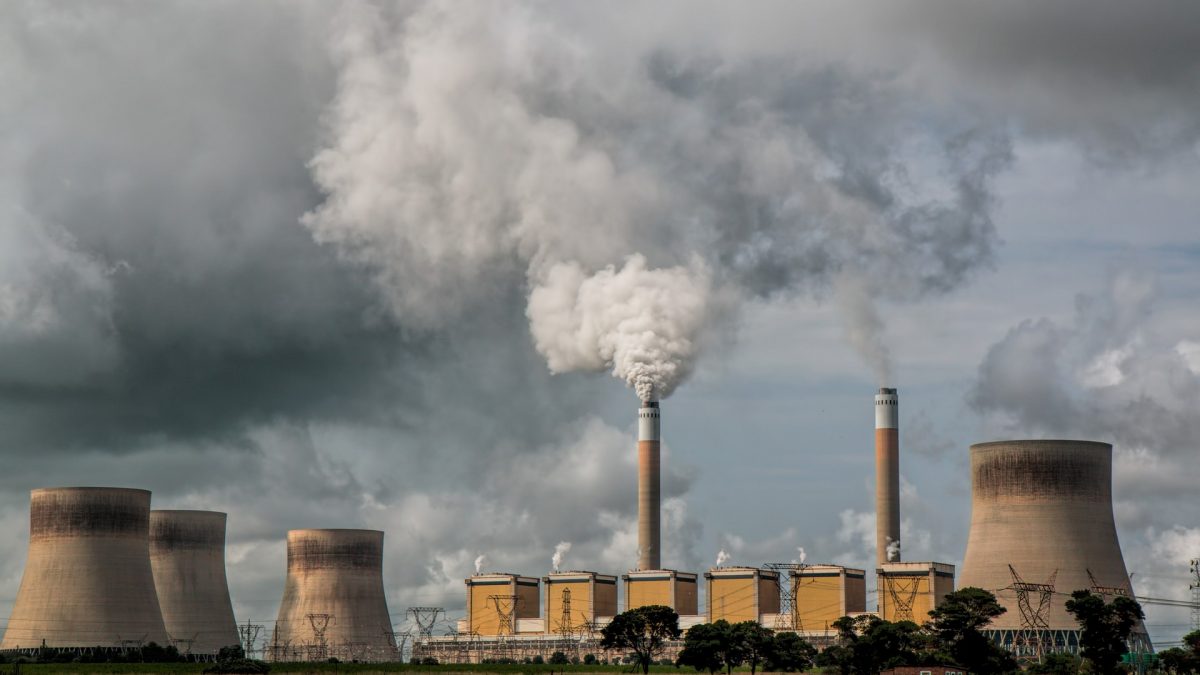
The Claim Process and How a Slip and Fall Lawyer Can Assist
March 13, 2022
Law or medicine? A lawyer’s tips on how to choose.
March 14, 2022Everything You Need to Know About Environmental Due Diligence
When buying a property, there are many steps and phases that you have to pass through. Most times, it doesn’t matter if you are getting the property for commercial or personal use, you will still need to pass through these stages.
Aside from the steps involved in buying the property like deciding on what to buy, finding a loan, searching for the home, and so on (click here to find out more) you still need to pass through some other process.
One of such processes is known as environmental due diligence. If you purchase a property that hasn’t undergone this activity, you may end up with hidden risks and liabilities on your hand.
This is why anyone looking to make a real estate purchase has to be informed about this process. Luckily, that is what this article is all about. Here, we will be discussing everything you need to know about environmental due diligence. We will start by first explaining what it means.
Environmental Due Diligence – What is It?
Environmental due diligence refers to the procedure involved in evaluating real estate to see if there is any potential environmental contamination risk.
The standards and regulations of this activity are set by the Environmental Protection Agency. This agency is also in charge of determining the kind of assessment to be done depending on the property.
Things that are checked for during this process include petroleum contamination, hazardous materials, and soil or groundwater contaminants.
Now that we have answered the question: “what is environmental due diligence?”, it is time to look at other aspects of the process.
When Is It Required?
Most lending establishments often require that this process be done before they finance a purchase, accept construction loans collateral, or even refinance a current loan. This process is also needed when the property in question is loan collateral. This is because if any problem is encountered, it most likely will affect the collateral’s value.
Public agencies also require that this process be done before real estate-related grants are released. Furthermore, you do not even have to be financing your property purchase with a loan for you to go through this process.
Even though you are buying the property with your funds, getting this process done on it will save you a lot of problems down the road. Sometimes, people inherit ecological issues from the past owners of a property. Having this process down on a property you want to buy will save you from this pitfall.
Reports and Processes
Phase I Environmental Site Assessment
This is the normal procedure that is used to assess environmental liability that is linked with the real estate transaction. This is what is used to determine if a piece of land has any environmental liability before the land is bought. Phase I Environmental Site Assessment is otherwise known as ESA.
Based on CERCLA regulations, carrying out an ESA might qualify a landowner as a contiguous or innocent owner, making them not liable if contaminations are later found in the land.
Transaction Screen Assessment
This is an ESA done on a smaller scale. TSAs are quicker to carry out and are also cheaper than ESAs. Also, while ESAs offer landowners CERCLA protection, TSAs do not. This is most likely because they do not meet the full EPA requirements.
Records Search with Risk Assessments
Just like TSAs, landowners do not have CERCLA protection with RSRAs. RSRA is the least requirement for low-risk commercial properties that typically don’t require a complete ESA.
Cost
Phase I Environmental Site Assessment cost can range from 1,500-6,000 dollars for both residential and commercial properties. The reason the range is so broad is that several factors can influence the cost. These factors include but aren’t limited to:
- The property’s location
- The consultant’s travel costs
- How many properties are to be analyzed
- The property’s physical features
The price also differs from one consultant to the other. So, it will be wise to check out more than one consultant before deciding on one. As you do this, try not to have the mentality that expensive is better. Likewise, the cheaper option most likely isn’t the best either. You can visit https://www.cbsnews.com/ to find out some things that prove that cheaper doesn’t always mean better.
So, rather than settling for the cheapest or most expensive, look for a consultant that offers a great service with accurate results at a fair price.
Conclusion
Environmental due diligence involves checking a property to see if it has any environmental contaminants. This procedure is important and is required in certain cases including getting a loan to finance purchasing real estate, refinancing a current loan, and so on. You can still get this process done for your property even though you are not purchasing it with a loan. This way you won’t inherit ecological issues from the past owners of the property among other benefits.





